As we move into 2021 and begin to travel again, we need to consciously consider the impact on ourselves, the planet, the communities, and places we visit and future generations. It might be surprising to hear a tour operator ask if you've carefully considered the impact of your travel, but that's what we're asking you to do. At Macs Adventure we believe that travel is fundamentally a force for good. It connects people, transforms lives and highlights the value of wild places and the natural environment, if done correctly and for the right reasons.
It’s been well known for years; the impacts tourism can have on the environment and local communities; this year has really brought that to light. Tourism accounts for 8% of global greenhouse gas emissions. Overtourism has devastated communities and natural environments. It puts enormous stress on the land, can lead to soil erosion, increased pollution, and natural habitat loss.
It is a balancing act, to achieve the right level of benefits to local economies, that often rely and thrive on tourism, while traveling consciously to minimize any negative impacts. Scandinavian countries are often the first that come to mind when you think of ‘ecotourism’; responsible travel to natural areas that protects the environment and improve the well-being of local people. The remote landscapes can also bring great personal benefits, allowing us to get away from it all, a chance to reset and reconnect with nature.

Norway known for its dramatic landscapes of mountains, fjords and over 50,000 islands holds responsible tourism closed to its heart. Oslo was name European Green Capital in 2019 and in 2013, Norway became the first country in the world to implement a sustainable destination national standard. Visiting places in Norway labelled as sustainable destinations ensures your footprint stays as low as possible and helps the locals. In the remote archipelago of the Lofoten Islands for instance tourism has become an important industry providing lots of jobs and tourism is helping to preserve the fishing villages.

Sweden is well known for its undeveloped remote wilderness, vast green spaces and archipelagos stretching from the far north Swedish Lapland to the coastlines of the south, with the most well-known being Stockholm’s Archipelago in the east. Swedes make a conscious effort to balance the right to roam freely and to protect their land from negative impacts. Sweden was the first country in the world to pass an environmental protection act in 1967 and the first in Europe to introduce an ecotourism labelling system in 2002.

Denmark is officially 2020's World's Greenest Country according to the Yale Environmental Performance Indicator. Known for its bike culture and that in itself is a sustainable way to travel add to this the 12,000km of cycle trails. Denmark’s capital Copenhagen is known as one the greenest cities in the world and is on track to become the world’s first carbon-neutral capital by 2025. Bornholm and Samsø are two of Denmark's best loved and most visited islands. In 2020, they were awarded the most sustainable islands in the EU.
We could all learn a thing or two from these Scandinavian countries, we need to act now to protect the places we love. It’s going to take some time but this year we will embark on the journey to give our tours impact ratings so you can make a more conscious decision when booking an adventure.
Meanwhile please do consider your impact on the planet, humankind and yourself when planning your next adventure.
Travel Better!
Visit macsadventure.com/us for more on our range of options.








































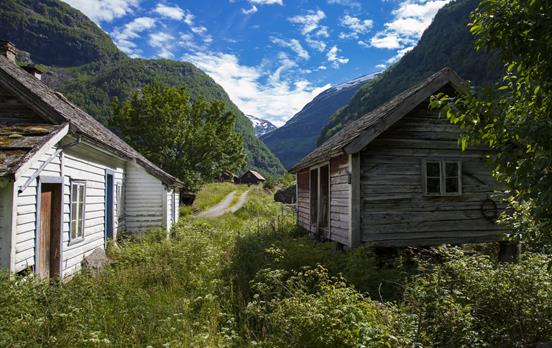
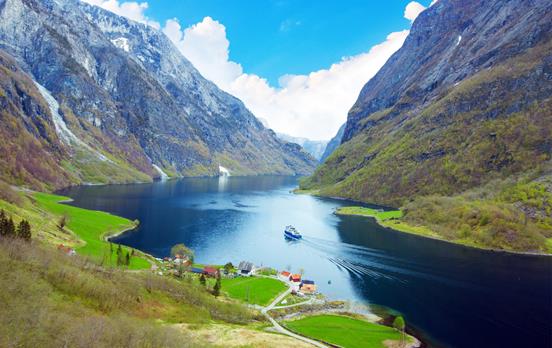
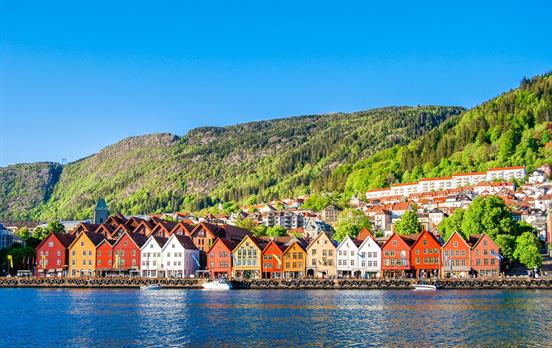
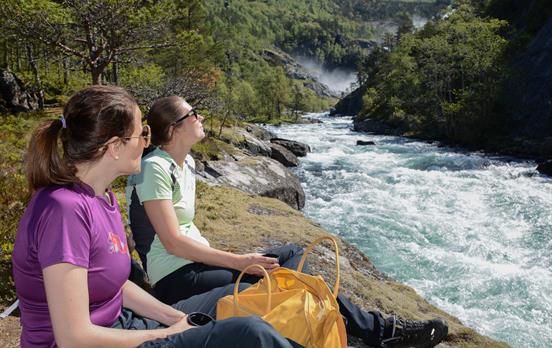



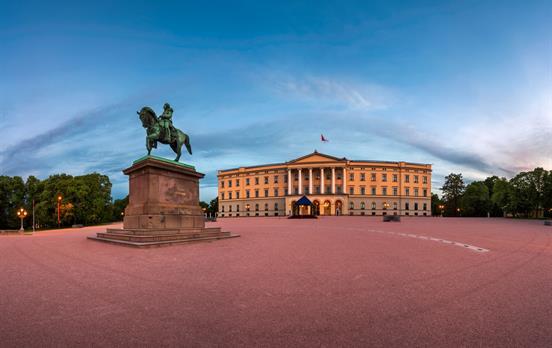






















 Canada
Canada